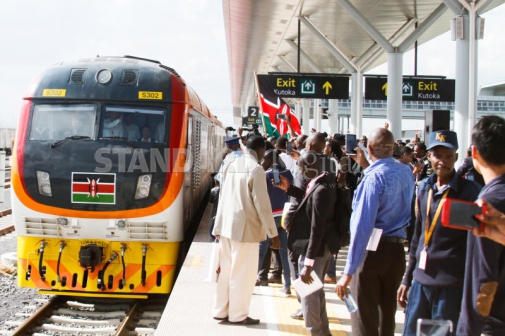×
The Standard e-Paper
Home To Bold Columnists

In 2013 amid pomp Jubilee launched an ambitious manifesto based on three pillars it called Umoja (Unity), Uchumi (Economy) and Uwazi (Openness).
The pillars zeroed in on Youth Empowerment; Women’s Empowerment Social Protection; National Cohesion; Security; Trade and Foreign Affairs; Sports and Culture; Healthcare and Education.